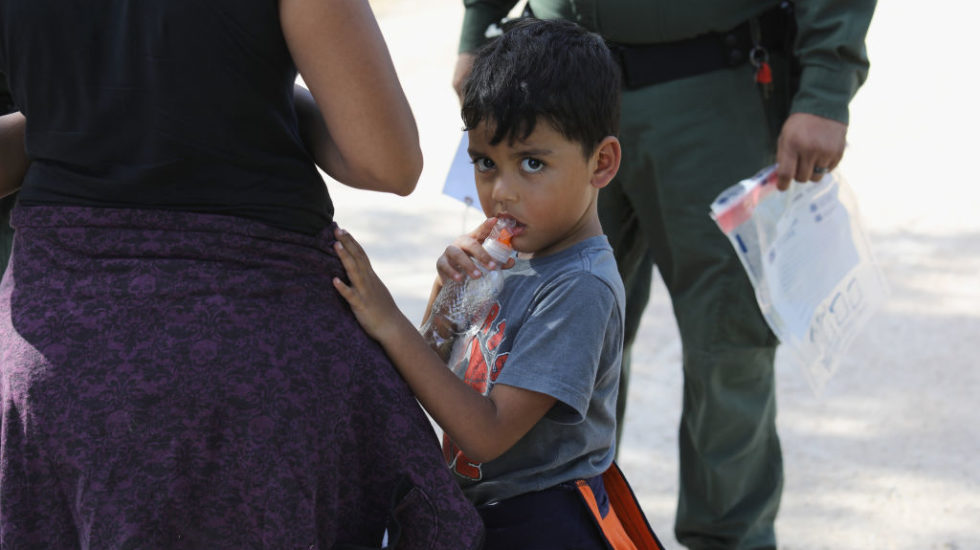What kind of long-term damage is being done to the more than two thousand children who are separated from their parents and in detention? We ran across this excellent piece from a pediatrician in Washington state named Casey Lion:
As a mother, I know that there is no greater joy than my toddler’s little arms around my neck. I know that I would do anything to keep her safe and protect her from harm. And I know that I am able to comfort her when no one else can, that my touch and my heartbeat and my voice console her when she is otherwise inconsolable.
As a pediatrician, I know that my relationship with her is even more profound and important than that.
The presence of a loving, trusted adult is essential for children’s growing brains and bodies to develop normally and to successfully weather difficult, stressful and potentially traumatic experiences. The presence of a parent means the difference between a passing period of stress and a life-course-altering trauma.
Without a parent or trusted caregiver to buffer the effects of major life stressors, children experience what is known as toxic stress. Toxic stress disrupts the child’s developing neural circuitry, increasing the risk for developmental delay, depression, anxiety, diabetes and cardiovascular disease, among other things. It affects the child’s ability to learn, form healthy relationships and cope with future stressors. It can result in epigenetic changes to DNA expression that will affect that child throughout his or her life and be passed on to their offspring.
The science around toxic stress and its impacts are clear. And that makes what is currently happening on our southern border that much more appalling. Nearly 2,000 children and counting, some toddlers just like my little girl, were forcibly removed from their parents by our federal government over a six-week period, with no way to know where their parents are or if they will ever see them again.
These government policies are turning a period of temporary stress and uncertainty into toxic stress with likely permanent implications for thousands of children. Professional organizations, including the American Academy of Pediatrics, have spoken out repeatedly on the negative health consequences caused by separation. The academy has sent several letters to the Department of Homeland Security’s secretary, urging the agency to end the separation of children and parents.
The recent legislative proposal, the “Border Security and Immigration Reform Act” from Republican leadership in the U.S. House of Representatives is not the answer. Instead of ending family separation, it would dramatically increase the likelihood that children would be held in detention and deprive them of some of the few protections remaining to them in our system. This does not represent an acceptable solution, as holding children in detention has also been linked to toxic stress and long-term mental and physical health effects.
As a country, we cannot stand by and accept the irreparable harm that is being inflicted on children through these policies. Whether it is removal from their parents or prolonged detention in unsuitable facilities, children’s rapidly-growing brains and bodies are uniquely vulnerable to the long-term effects of toxic stress. These children are likely to suffer the physical and psychological consequences of our government’s actions for the rest of their lives.
If we are truly the great and good nation we believe ourselves to be, we must stop this assault on the most vulnerable among us.
The article was originally published in The Herald.



